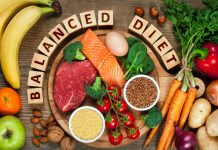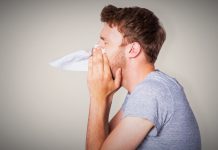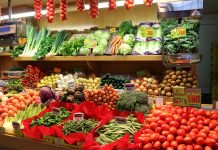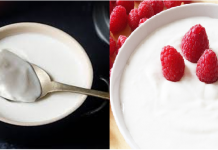 You have just received the diagnosis of breast cancer. What next? First thing to remember is that it is no longer the dreaded “end of the world” kind of a diagnosis anymore. Advancements in medicine and technology have made it curable, just like any other condition.
You have just received the diagnosis of breast cancer. What next? First thing to remember is that it is no longer the dreaded “end of the world” kind of a diagnosis anymore. Advancements in medicine and technology have made it curable, just like any other condition.
What will be of prime importance is the way you approach the treatment and rehabilitation process. Supporting the treatment, whether it is surgery, chemo or medications with the best possible nourishment, stress management and a positive mindset will ensure the best outcomes.
Nutrition is the key component of your well-being and a faster recovery phase. Eating smart is the mantra, to ensure you get the most out of your everyday foods.
Getting the right nutrients in the right amounts helps in these ways:
- Prevent and correct any nutrition deficiencies.
- Enhance natural immunity: A weakened immune system is the off shoot of chemo and radiation, which will predispose one to catching cold, flu or other infections easily.
- Reduce risk of cancer in the future by increasing the supply of antioxidants. Antioxidants are disease fighting substances found in many wholesome and healthy foods that prevent damage to cells.
- Fight depression: Many nutrients such as omega 3 fats, vitamin B 12 and iron are known to be very helpful against depression.
- The right foods will help maintain a well planned fitness regime throughout the treatment.
- Reduce severity of side effects such as nausea, loss of appetite, loss of hair, and fatigue.
Your Eat-Smart Guide:
- Divide and rule: Divide your plate into half. Fill one half with fruits and veggies, while the other half has to be further split into two sections, to be filled with whole grain cereals and protein rich foods.
- Eat the rainbow: Colors translate into great health. The pigments that impart color to fruits and veggies, called “phytochemicals” fight and prevent further growth of cancer cells.
- Sip the fluids: Eating regular meals can sometimes be a challenge given the multiple side effects. Sip on nourishing fluids such as coconut water, lassi, fruit milkshakes with added cinnamon and nuts, thick curds, ragi malt and so on. A nourishing formula rich in easily digestible proteins may be recommended by your family nutritionist. Staying hydrated and nourished when you can’t eat the regular solids will help prevent fatigue.
- Get the right fats: Ensure a regular dose of omega 3 and oryzanol, both of which are great antioxidants and are effective in fighting cancer, hair loss, and boost immunity. If you are a non-vegetarian, eating oily fish thrice a week would be enough. Vegans would benefit from adding rice bran or rice bran oil, flaxseeds, walnuts, almonds and canola oil.
A family nutritionist can help chart out a detailed eating plan by keeping in mind the different body types and other requirements that vary from person to person. Log on to Gympik.com for detailed information on addresses and profiles of expert nutritionists.


 Traqade
Traqade































